Delta Air Lines has been working with AI pricing company Fetcherr for months, but the partnership made headlines recently with consumers (and members of the U.S. Senate) questioning the ethics of personalized pricing.
In a late-July letter addressed to Delta CEO Ed Bastian, Senators Ruben Gallego (Arizona), Richard Blumenthal (Connecticut) and Mark Warner (Virginia) voiced concern about “prices that are tailored to an individual consumer’s willingness to pay,” and that fact that “surveillance pricing” often uses private personal information, from web browsing behavior to social media activity. Delta denies that personal data is used in its Fetcherr-assisted fares.
Our Analysis: Advisors Will Want to Keep Tabs on Pricing Practices, Educate Clients About Them and Possibly Advocate for Fairness and Transparency.
AI-driven pricing is already changing the way air fares are displayed and sold; as of last month, Delta says it used AI to determine 3% of fares, and that it intends to grow that number to 20% by the end of this year.
RELATED: Do Travelers Trust AI for Their Trip Planning? Plus Other Travel Trends From Justfly.com Data
Travel advisors who book air on behalf of clients will want to stay up to date on dynamic pricing processes and keep their clients well informed on how the market is changing. And, if questions around fairness and privacy linger, the travel trade, including the American Society of Travel Advisors, may need to come together to advocate for transparency and pricing practices that better protect consumers and the agents who serve them.
What They Are Saying: AI-Pricing May Lower Incentive to Provide Good Service
“Pricing based on AI algorithms will no doubt increase revenues for Delta,” wrote U.S. senators Gallego, Blumenthal and Warner. “At Delta’s investor event last November, one investor celebrated the ability to set prices that matched every passenger’s ‘personal demand curve.’ However, with respect to the interests of Delta’s passengers, there is a danger that this approach will result in higher fares and diminish incentives to improve service.”

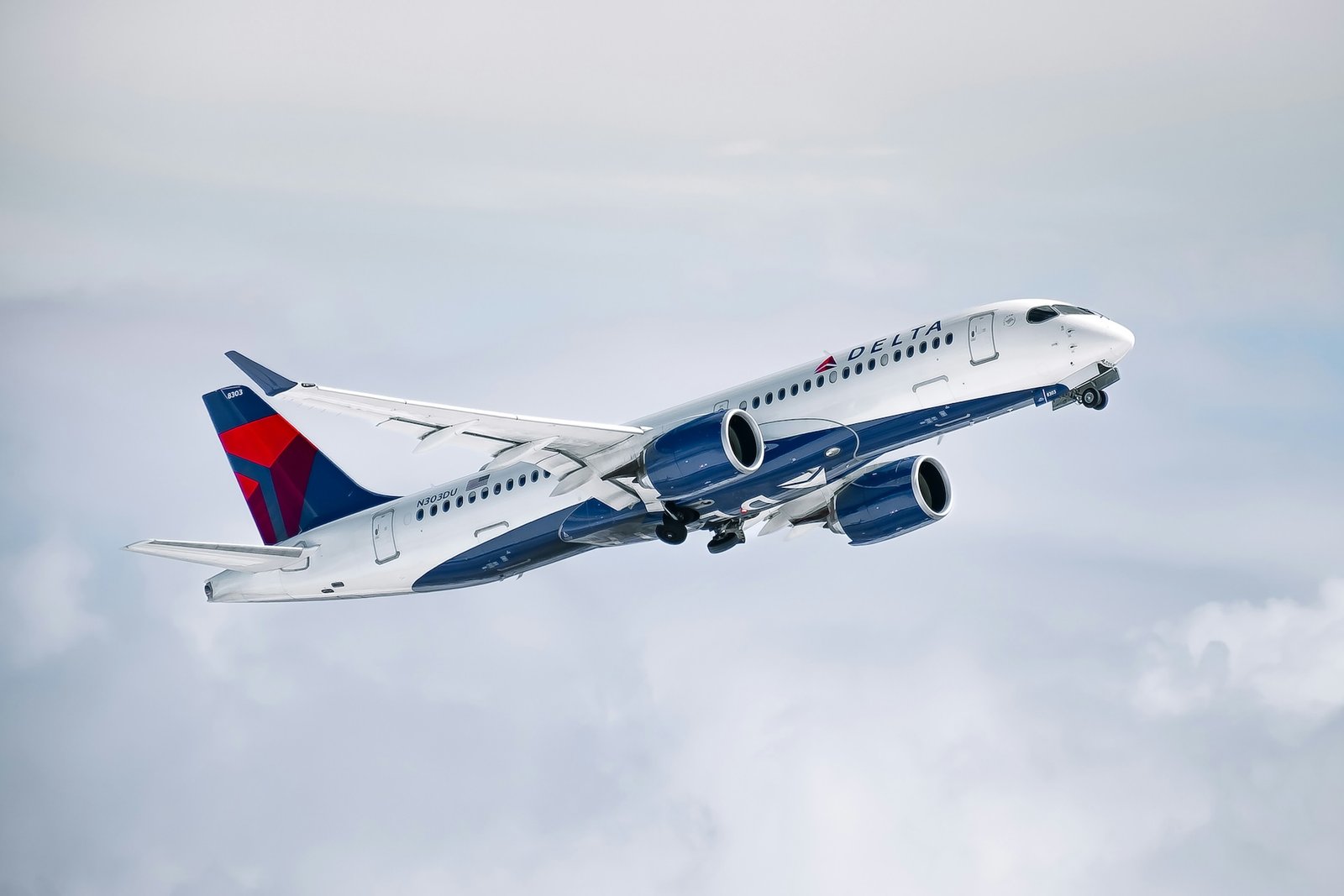


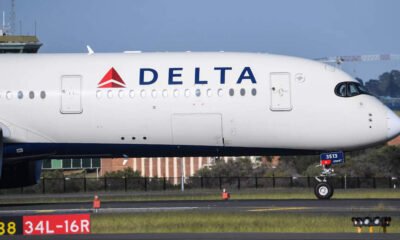



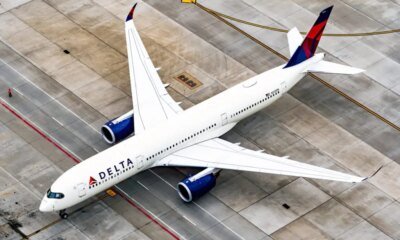



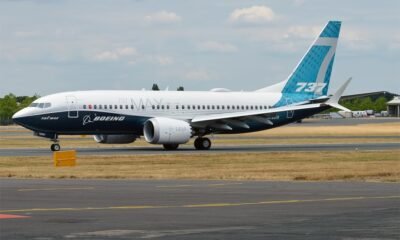


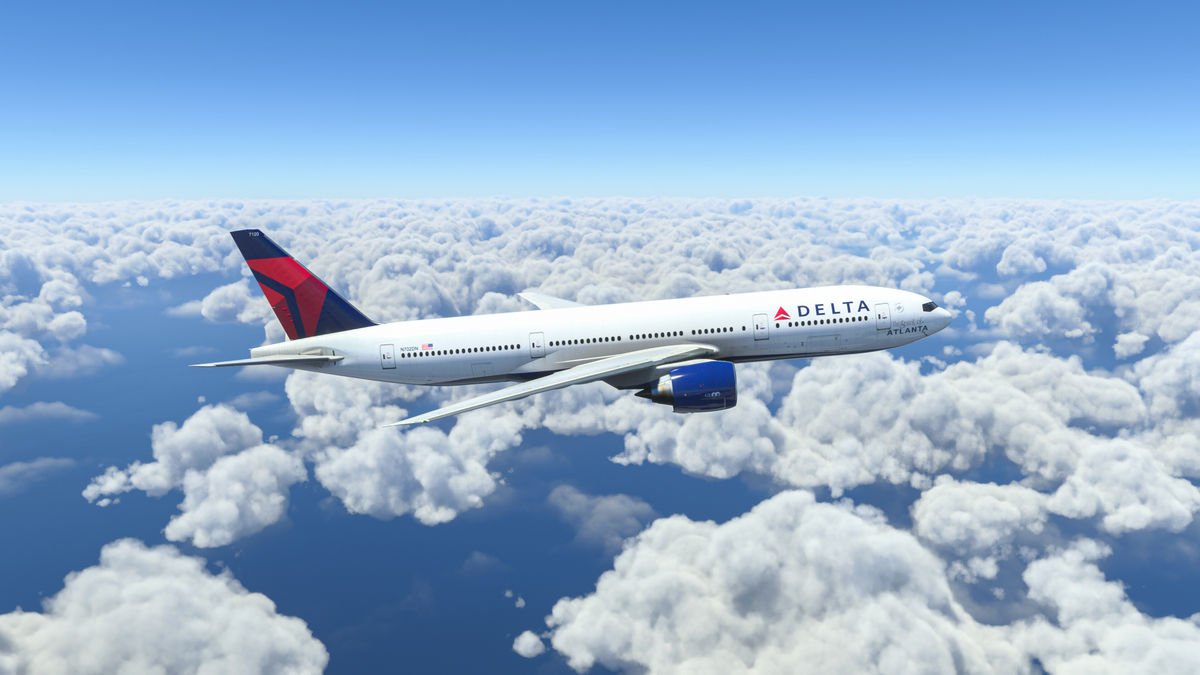
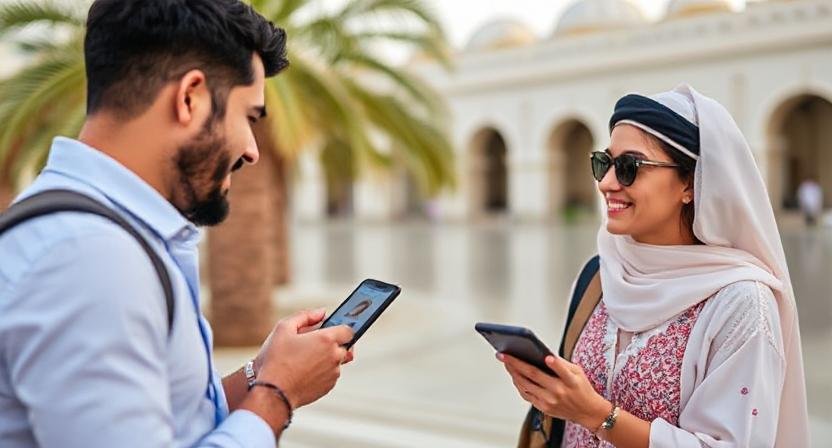




















You must be logged in to post a comment Login